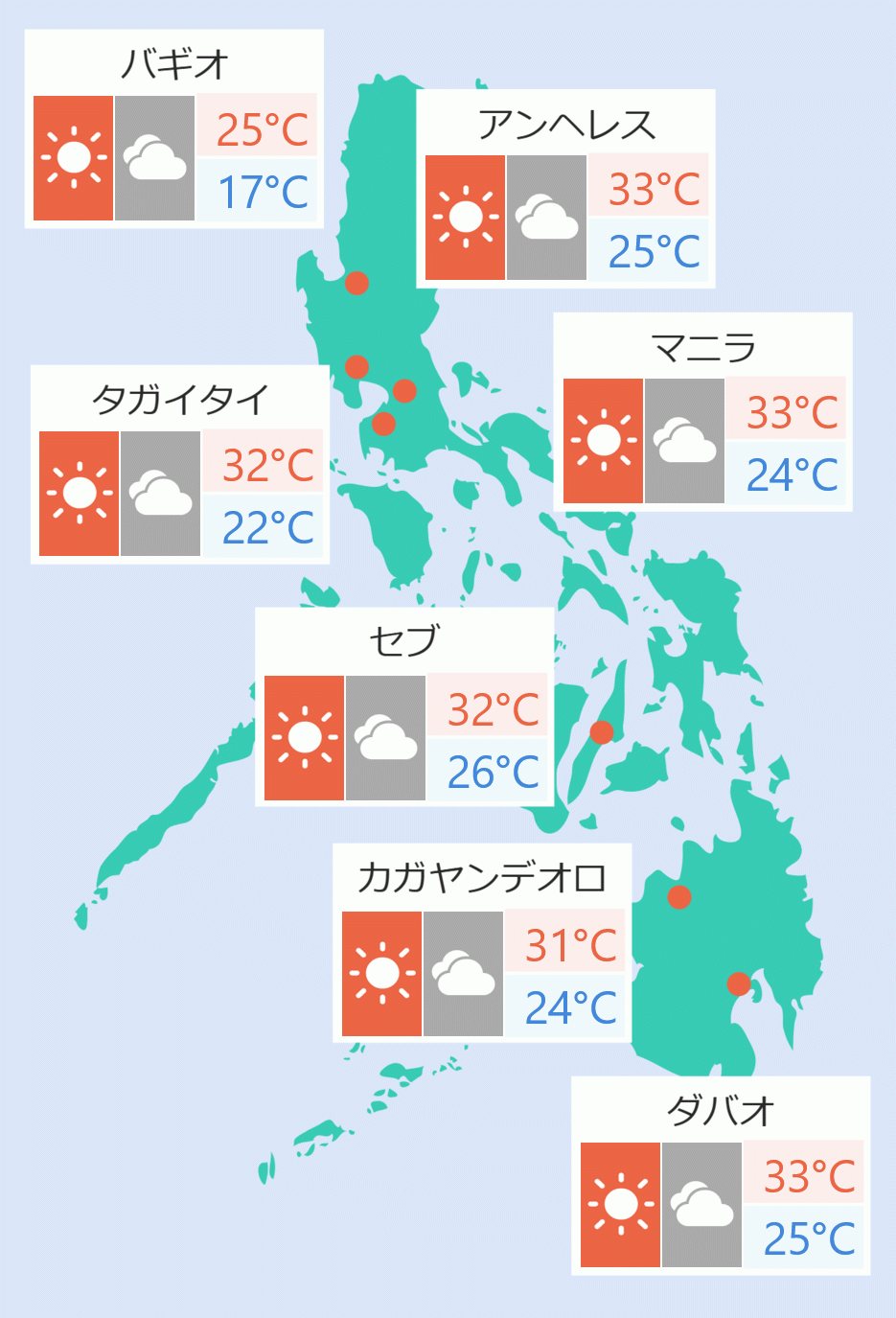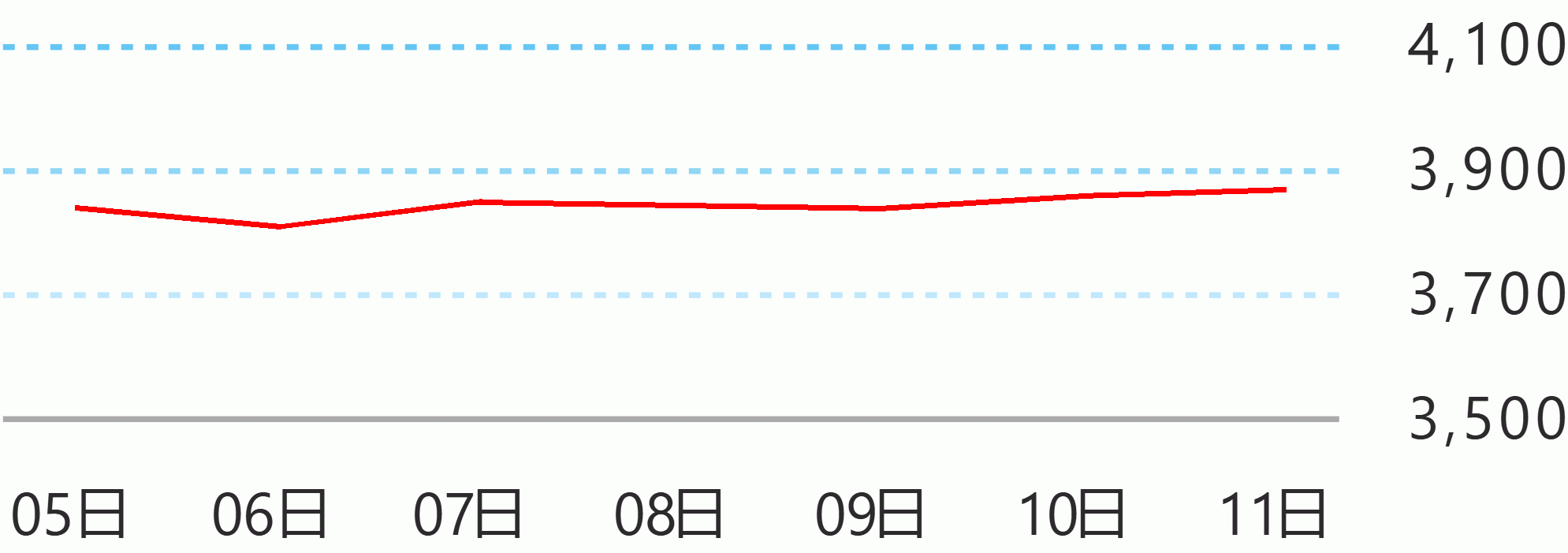At its meeting Thursday, the Monetary Board decided to raise the interest rate on the BSP’s overnight reverse repurchase facility by 25 basis points to 2.25 percent, effective May 20.
Accordingly, the interest rates on the overnight deposit and lending facilities were raised to 1.75 percent and 2.75 percent, respectively, the BSP said.
The Monetary Board noted that the strong rebound in domestic economic activity and labor market conditions during the first quarter provides scope for the BSP to continue rolling back its pandemic-induced interventions, consistent with its exit strategy from monetary accommodation.
The Monetary Board noted that latest baseline forecasts have shifted higher since the previous monetary policy meeting in March, indicating that elevated inflation pressures could persist over the policy horizon.
Average inflation is likely to breach the upper end of the 2-4 percent target range in 2022 at 4.6 percent, while the forecast for 2023 has edged closer to the upper end of the target band at 3.9 percent.
It was the first rate hike in nearly four years. The BSP's last rate move was a 25 basis points cut in November 2020.
With the provisional advances to the National Government reduced from P540 billion in 2020 and 2021 to only P300 billion in January 2022, the National Government will fully settle these loans on May 20, ahead of the maturity schedule of June 11.
Given ample liquidity, a gradual recovery in credit activity, and stable financial market conditions, the Monetary Board has decided to reconfigure the BSP’s government securities purchasing window from a crisis intervention measure into a regular liquidity facility under our interest rate corridor framework.
As part of the BSP’s standard monetary operations toolkit for injecting liquidity into the financial market, the recalibrated government securities purchasing window shall enhance the BSP’s ability to manage domestic liquidity conditions and ensure the sustainability of its balance sheet.
The balance of risks to the inflation outlook now leans toward the upside for both 2022 and 2023, with upside pressures emanating from the potential impact of higher oil prices, including on transport fares, as well as the continued shortage in domestic pork and fish supply.
Downside risks are linked mainly to the potential impact of a weaker-than-expected global economic recovery amid the lingering threat of COVID-19 infections, heightened geopolitical tensions, and a tightening of global financial conditions.
The Monetary Board also observed the emergence of second-round effects, including the higher-than-expected adjustment in minimum wages in some regions. Inflation expectations have likewise risen, highlighting the risk posed by sustained pressures on future wage and price outcomes.
Given these considerations, the Monetary Board believes that a timely increase in the BSP’s policy interest rate will help arrest further second-round effects and temper the buildup in inflation expectations.
The Monetary Board likewise reiterates its support for the sustained implementation of non-monetary interventions to mitigate the impact of persistent supply-side factors on inflation, particularly food supply and prices.
On balance, persistent inflationary pressures point to the need for prompt monetary action to anchor inflation expectations. As the economic recovery continues to gain traction, the BSP shall proceed with its plans for the continued gradual withdrawal of its extraordinary liquidity interventions and the start of the normalization of its monetary policy settings.
Looking ahead, the pace and timing of further monetary policy actions by the BSP shall be guided by data outcomes, in keeping with the BSP’s price and financial stability objectives. BSP





 English
English








